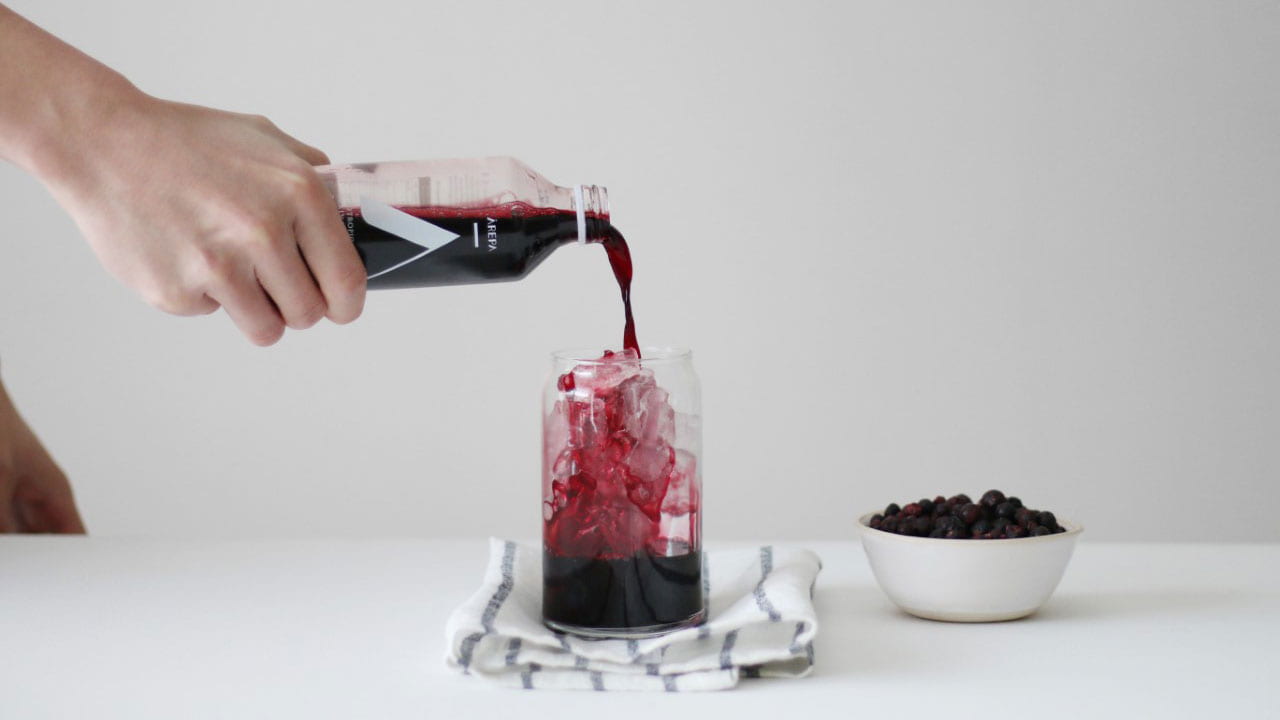Ārepa continue to find evidence for the brain benefits of their formula, with improvements in mood, cognition and working memory, and an exercise-related increase in Brain-Derived Neurotrophic Factor seen in two recently published studies.

The studies at the University of Auckland used ‘gold standard’ double-blind placebo-controlled methods and were co-funded by the High-Value Nutrition National Science Challenge and Ārepa.
Specific blood biomarkers – Brain-Derived Neurotrophic Factor (BDNF) – were measured during a study into the effects of Ārepa on cycling performance. BDNF is important for cognitive processes such as learning and memory. It acts like a fertiliser for brain cells, helping neurons grow and make connections, and is thought to stimulate the birth of new brain cells.
The cyclists performed a 4km time trial in a normal environment, then in an ozone chamber that simulated exposure to pollution. They performed the ozone chamber trial after 7 days consuming Ārepa powder and again after 7 days consuming a carbohydrate and energy-matched placebo (the order varied between volunteers).
It is known that exercise can increase levels of BDNF, which was confirmed in the cyclists. However, the researchers also found a significantly higher exercise-related increase in BDNF after drinking Ārepa compared with the placebo (p = 0.013).
See Nutrients.
“These results are extremely exciting. We know that exercise is probably the best way of dialling up your BDNF levels, so it’s quite something to see increases over and above the exercise effects from Ārepa,” Professor Andrew Scholey, Ārepa’s Chief Scientific Officer.
“There are a handful of studies showing that certain nutritional factors can increase BDNF, but these tend to be in clinical populations or for much longer periods than 7 days. A word of caution, this wasn’t the main focus of the trial, we need to verify the results in future studies.”
Although the effects of exercise and Ārepa were significant, due to the study being conducted during the Covid Pandemic, the study was not able to recruit the 12 participants it originally aimed for.
A second Ārepa study focused on mood and cognitive performance in a cohort of 38 healthy young women. The study assessed the effects of consumption of Ārepa drink vs placebo (matched for taste, appearance, macronutrient and vitamin c) on stress response, gut microbiome, mental performance and mood.
Participants completed 20 minutes multitasking on a computer, which is designed to increase stress and reduce calmness in test situations. They were tested at baseline, after 4 weeks consuming the placebo and after 4 weeks consuming Ārepa (separated by a 4 week wash out period).
Interestingly, the primary outcome of stress reactivity was not modulated by Ārepa or the placebo in this trial.
“This is probably due to the participants not showing the usual increase in stress or decrease in calmness during multitasking at the baseline assessment. If there is no stress response, then there is no negative mood reaction to alleviate,” says Professor Scholey.
However, compared with placebo, secondary measures of mood and cognition were significantly improved with Ārepa. In the Ārepa condition, participants rated themselves as about 20% less anxious/tense (p = 0.013) and about 37% less angry/hostile (p = 0.023). There was also a substantial improvement in general mood, although this didn’t reach statistical significance.
In addition to these mood effects, Ārepa significantly improved working memory performance by 33% (p = 0.001).
The study also examined the gut microbiome. Although Ārepa didn’t influence the balance of bacteria directly, the study found the participants who had a greater proportion of certain gut bacteria (Bifidobacterium genera and species, B. longum, B. bifidum) had the greatest improvements in working memory scores.
“It’s important to note that the primary outcome wasn’t affected – we think that is because this particular cohort didn’t show the usual stress response. We are very optimistic about these secondary results, they are consistent with other data we have. We’re currently designing more studies to confirm the results as part of Ārepa’s science pipeline,” says Professor Scholey.
See Current Developments in Nutrition.
These studies add to the growing evidence base for Ārepa improving brain health.
High-Value Nutrition National Science Challenge funding of Ārepa research projects
The High-Value Nutrition (HVN) Ko Ngā Kai Whai Painga National Science Challenge is a mission-led programme of innovative research into the health attributes of New Zealand-produced foods for our major export markets.
Through HVN’s Contestable Funding process, researchers apply for funding to develop innovative nutrition and food projects in collaboration with New Zealand Food and Beverage (F&B) partners.
Funding applications undergo a robust internal and external review including review by one or more international experts in the relevant field.
The Challenge has funded three Contestable Fund research projects on Ārepa.
- Development of an anti-pollution sports drink and its efficacy for active individuals
- Ārepa and Polyphenols
- Boosting immune responses and cognitive support with Ārepa Nootropic Powder
The Ārepa projects were approved based on science excellence.
A criteria of Challenge funding is that the research must be published in international research journals subject to the traditional peer review process.